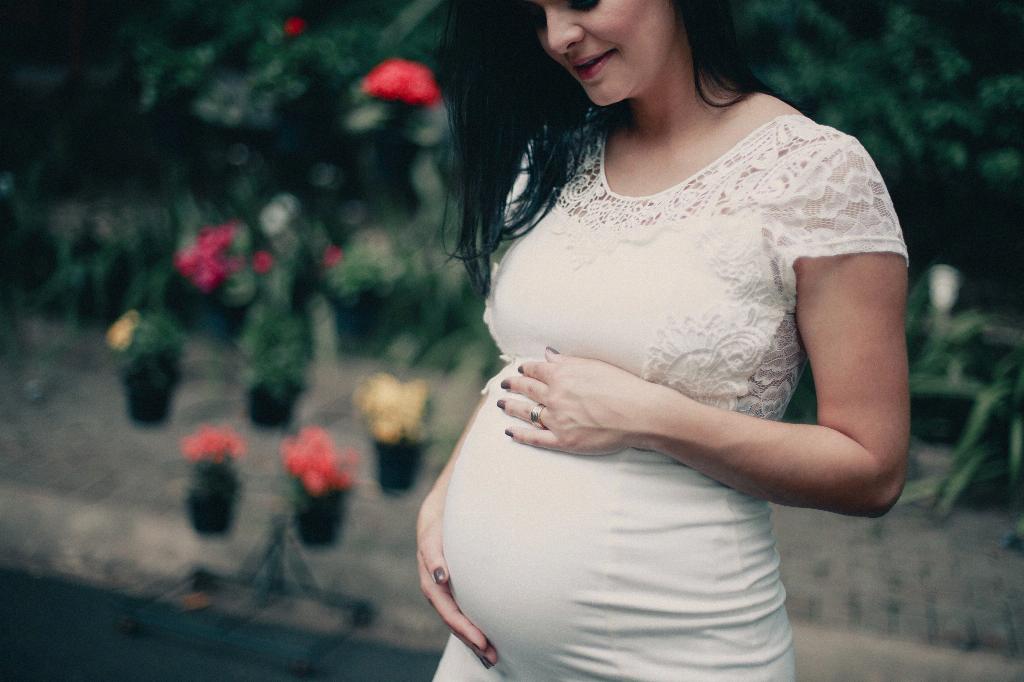When it comes to starting a family, one of the most crucial aspects to consider is the timing of pregnancy preparation. But how early should you actually start preparing for this life-changing journey? Let’s delve into the significance of preconception planning and why it plays a vital role in ensuring a healthy and successful pregnancy.
The Benefits of Preconception Planning
Preparing for pregnancy during the preconception period, which typically ranges from three to six months before conception, offers a multitude of benefits. This critical phase allows you to make lifestyle adjustments that can enhance fertility, minimize pregnancy complications, and promote postpartum recovery.
Optimizing Fertility
Starting your pregnancy journey on the right foot involves optimizing your fertility. By taking early steps to enhance your reproductive health, such as maintaining a balanced diet, exercising regularly, and managing stress levels, you can increase your chances of conceiving naturally and efficiently.
Reducing Pregnancy Risks
Preparing for pregnancy in advance also helps in reducing potential risks during pregnancy. Addressing underlying health conditions, such as diabetes or hypertension, before conceiving can significantly lower the risk of complications and ensure a safer pregnancy for both the mother and the baby.
Mental and Emotional Preparation
Aside from physical aspects, preparing for pregnancy early allows you to mentally and emotionally brace yourself for the journey ahead. Planning ahead gives you the time to discuss important matters with your partner, seek support if needed, and mentally adjust to the idea of parenthood.
The Impact of Diet and Nutrition
Another key element of preconception planning is focusing on diet and nutrition. Consuming a well-balanced diet rich in essential nutrients like folic acid, iron, and calcium can help prepare your body for the demands of pregnancy and support the healthy development of your baby.
Lifestyle Modifications
Preparing for pregnancy early also involves making lifestyle modifications that can positively influence your reproductive health. Quitting smoking, limiting alcohol consumption, and avoiding exposure to harmful substances can create a healthier environment for conception and pregnancy.
Seeking Professional Guidance
Consulting with healthcare providers and specialists during the preconception period is crucial. They can offer personalized advice, conduct preconception health assessments, and address any concerns or medical conditions that may impact your fertility and pregnancy journey.
Building a Support System
Building a strong support system before pregnancy is essential for emotional well-being. Surrounding yourself with understanding friends and family members, joining prenatal classes, or seeking guidance from counselors can help you navigate the emotional ups and downs of pregnancy.
Physical Fitness and Exercise
Engaging in regular physical exercise and maintaining a healthy weight are crucial components of preconception planning. Physical fitness not only boosts fertility but also prepares your body for the physical demands of pregnancy, labor, and postpartum recovery.
Managing Stress Levels
Chronic stress can negatively impact fertility and pregnancy outcomes. Taking proactive steps to manage stress through relaxation techniques, mindfulness practices, or seeking therapy can help improve your mental well-being and create a conducive environment for conception.
Conclusion
In conclusion, the importance of preparing for pregnancy early cannot be overstated. By focusing on optimizing fertility, minimizing pregnancy risks, and nurturing your overall well-being, you can set the stage for a healthy and successful pregnancy journey. Remember, it’s never too early to start planning for the miracle of parenthood.

